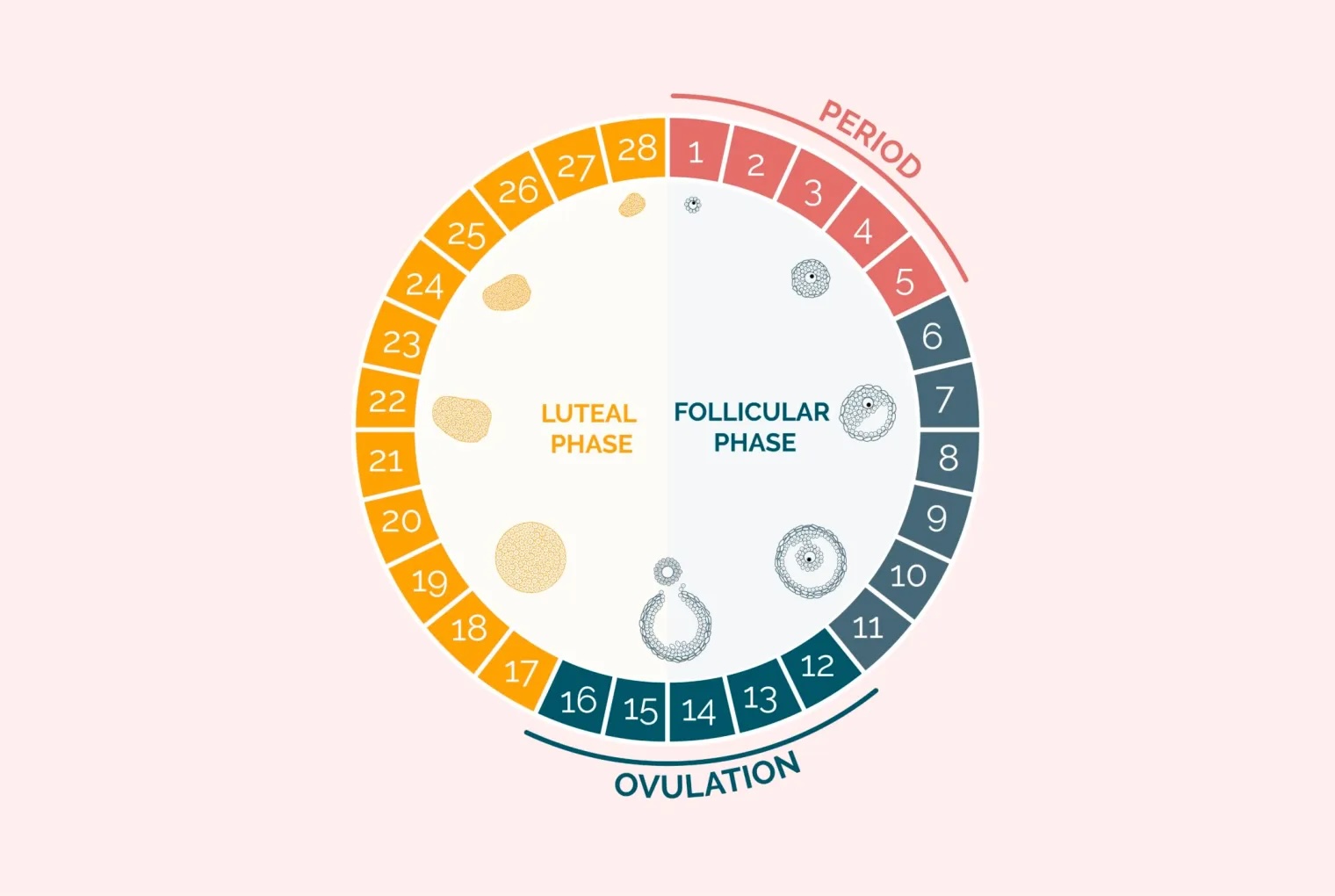Fertility concerns are common, and many couples or individuals wonder when and how to start investigating their reproductive health. If you’ve been trying to conceive without success, or if you’re planning for the future and want to understand your fertility potential, here’s a step-by-step guide to getting started.
1. Understand When to Seek Help
- If you’re under 35 and have been trying for 12 months without success.
- If you’re over 35, consider seeking help after 6 months of trying.
- If you have known medical conditions (e.g., irregular periods, endometriosis, PCOS, previous testicular issues), early evaluation is recommended.
Up to 1 in 7 couples in the UK experience fertility challenges. Seeking help early improves success rates.
2. Book an Initial Consultation
Your first step should be a consultation with a GP or fertility specialist. During this appointment, expect discussions about:
- Medical history (past illnesses, surgeries, or conditions affecting fertility)
- Menstrual cycle & ovulation patterns (for women)
- Lifestyle factors (smoking, alcohol, weight, stress levels)
- Sexual health & frequency of intercourse
3. Basic Fertility Tests
Your doctor may recommend simple tests to assess fertility:
For Women:
- Blood Tests – Check hormone levels (e.g., AMH for ovarian reserve).
- Ultrasound Scan – To check ovarian follicles, uterus health, and rule out conditions like PCOS or fibroids.
- HSG (Hysterosalpingogram) or HyCoSy – A test to check if fallopian tubes are open.
For Men:
- Semen Analysis – Measures sperm count, motility (movement), and morphology (shape).
Did you know? Women are born with all their eggs, but men produce new sperm every day!
4. Lifestyle & Preconception Advice
Regardless of test results, making lifestyle adjustments can improve fertility outcomes:
- Maintain a healthy weight (BMI between 19–25 is optimal).
- Reduce alcohol, caffeine, and smoking.
- Manage stress levels through relaxation techniques.
- Ensure sufficient folic acid (for women) & key vitamins (for men and women).
5. Next Steps
After initial tests, your doctor will guide you on the best course of action, whether that’s further investigations, lifestyle modifications, or assisted reproductive treatments such as IVF or IUI.
If you have irregular cycles, painful periods, or previous pelvic infections, don’t wait—see a specialist early
Final Thoughts
Understanding your fertility early can empower you with options and peace of mind. If you’re concerned, don’t wait—book a consultation to find out more.




